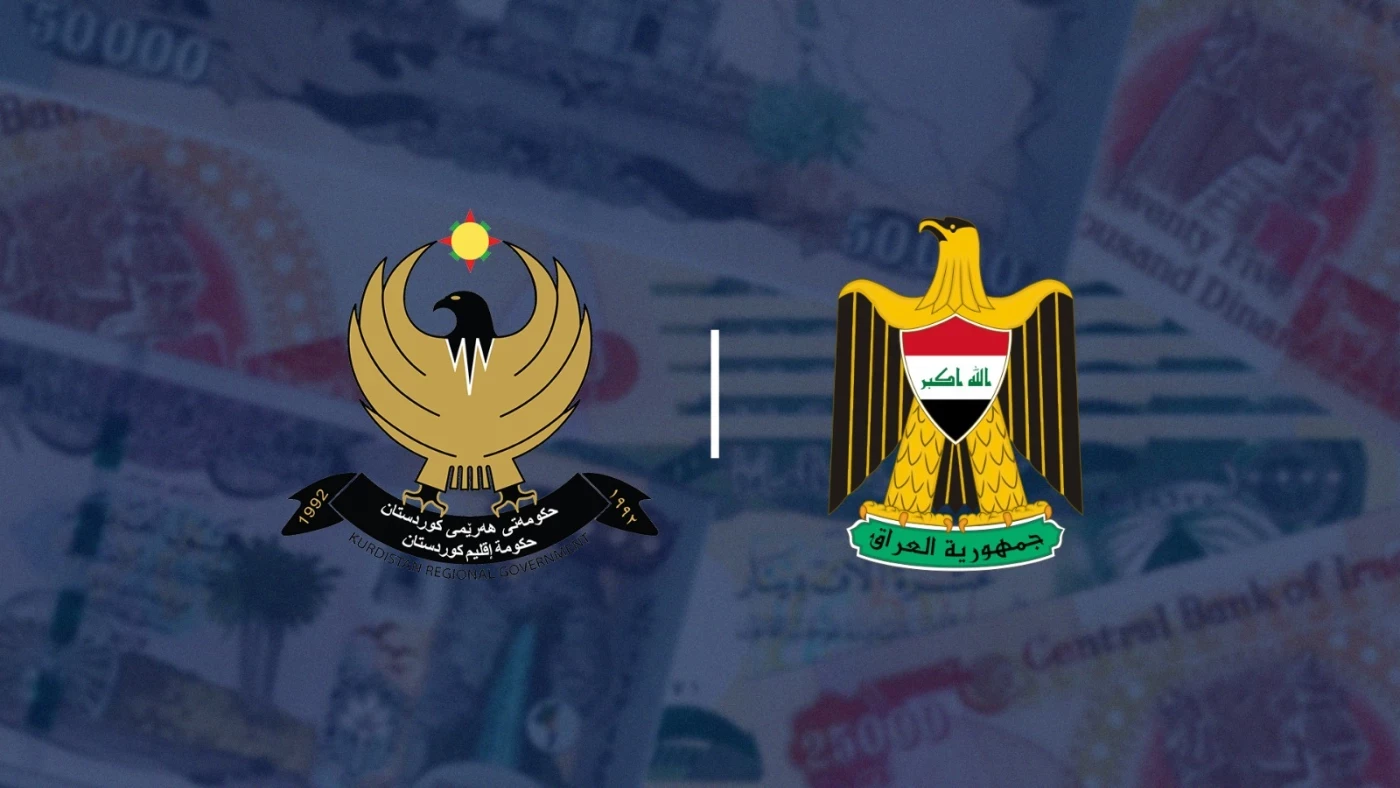ERBIL, Kurdistan Region of Iraq – The Kurdistan Region’s negotiating delegation told the Iraqi government that the 120 billion dinar sum for June’s domestic non-oil revenues has been prepared and is ready to be handed over, demanding, however, that the sum be reduced for July.
A negotiating delegation from the Kurdistan Region set out for Baghdad on Wednesday morning, where they have been engaged in constant talks with authorities in the federal government until Thursday noon over a settlement to finance the Kurdistan Region’s civil servant salaries. The delegation returned to Erbil later on Thursday.
The New Region has understood that the delegation told authorities in Baghdad that the agreed-upon sum of 120 billion dinars in non-oil revenues has been prepared and they are ready to hand it over to Baghdad in exchange for June’s public sector salaries, demanding that the figure be reduced for the month of July.
According to information The New Region has been able to acquire, the delegation discussed separating different streams of domestic revenue, from some of which 50 percent will be sent to Baghdad while others would be fully retained by Erbil, as opposed to splitting the entirety of the Region’s domestic revenues in half with the federal treasury.
The Kurdistan Regional Government (KRG) in July agreed to a settlement with the Iraqi government to hand over 120 billion dinars for the month of May as the federal treasury’s share of the Region’s non-oil revenues, with the caveat of the figure being revised after the completion of an audit by a “task force” comprised of relevant bodies from the two governments, tasked with classifying and auditing domestic revenues and determining the federal government's share thereof.
The Region’s civil servant salaries for the month of May were disbursed in late July after months of deliberation between the two governments, coming after Iraqi Finance Minister Taif Sami said that Baghdad was “unable to continue funding the Region” for the rest of the year, arguing that Erbil has already exceeded its share of the annual budget.
The Region’s employees have yet to receive June and July salaries as of the time of writing this article.


 Facebook
Facebook
 LinkedIn
LinkedIn
 Telegram
Telegram
 X
X



